The 10 disasters that caused Argentina’s World Cup flop
autty 2018-07-01 06:04:01 评论
Argentina were eliminated from the 2018 World Cup on Saturday after a catastrophic tournament. So who and what was to blame?
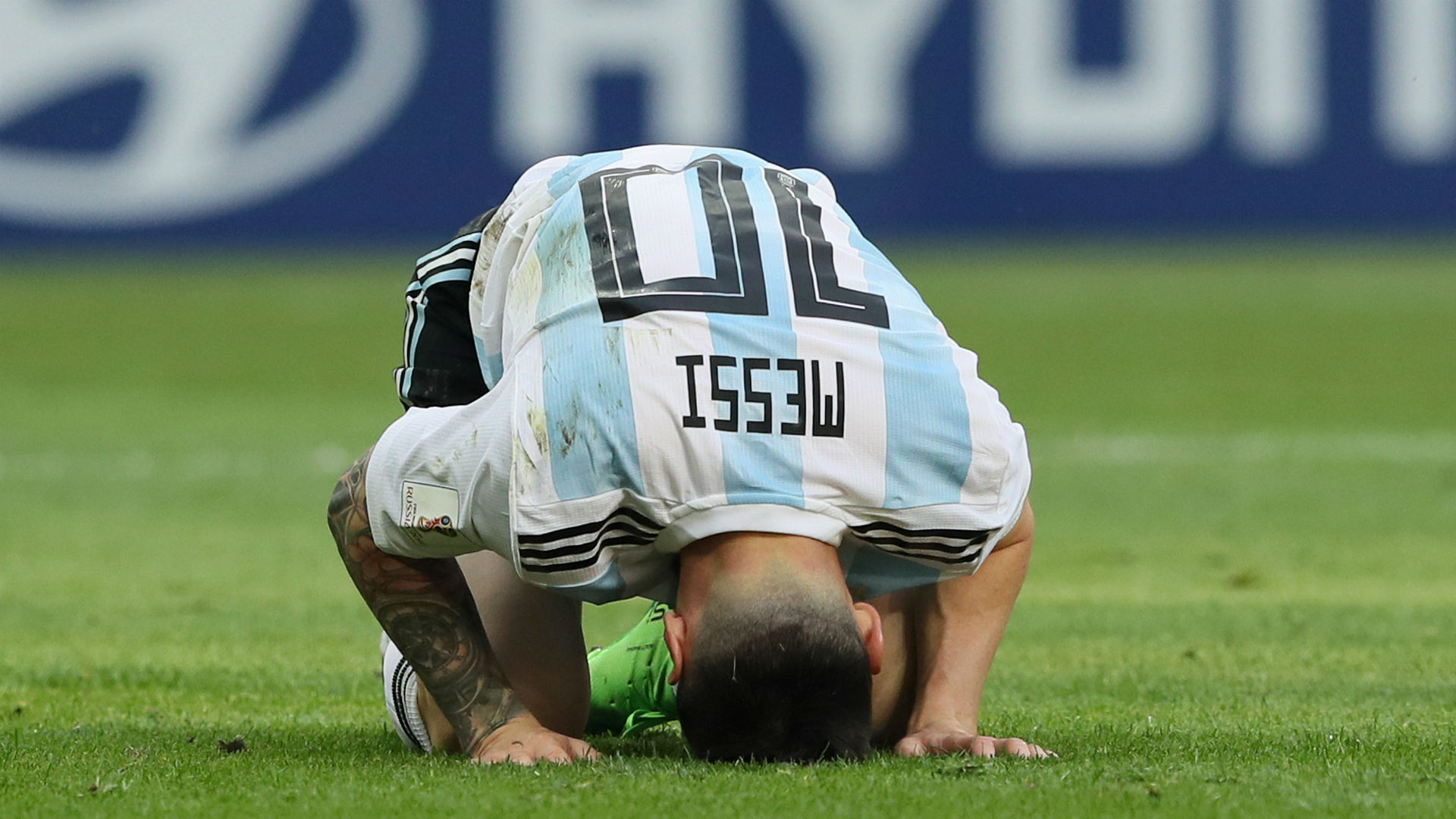
Argentina’s dramatic victory over Nigeria in midweek proved only to be a stay of execution as Jorge Sampaoli’s disjointed side were undone by France in the last-16.
Sampaoli and his players had managed to rally themselves to get out of the groups but their problems were too deep-rooted to usurp one of Europe’s most talented sides.
Sampaoli certainly contributed to Argentina’s poor campaign but many of the issues facing the side had been evident long before he took charge. We look at the 10 reasons for Argentina's disastrous World Cup...
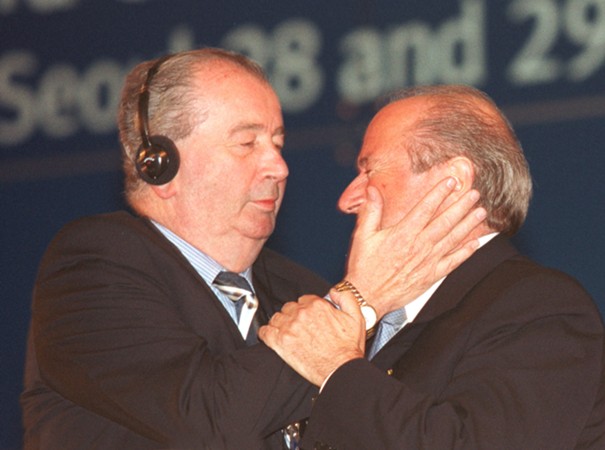
#1 1. Argentine Football Association mismanagement and corruption One of the reasons Sampaoli was still in the dug-out for what proved to be Argentina’s final two World Cup matches was because the AFA could not afford to sack him. It is around $100 million in the red and sacking Sampaoli would have cost $16m on its own. Yet while Sampaoli should take his share of the blame for Argentina’s poor campaign, he is far from the only coach to have been loaded with extra pressure. After years of chopping and changing in the dug-out, it looked as if Tata Martino, who replaced Alejandro Sabella after the 2014 World Cup, was the man to stabilise Argentina. He took them to two Copa America finals - both lost on penalties - but resigned over the AFA’s failure to arrange a team for the Rio Olympics. The federation has struggled to clean up its act since the death of infamous long-standing president Julio Grondona (pictured) and when called into making footballing decisions it has often failed; Edgardo Bauza replaced Martino but was sacked after eight months, leaving Sampaoli with an unenviable inheritance.
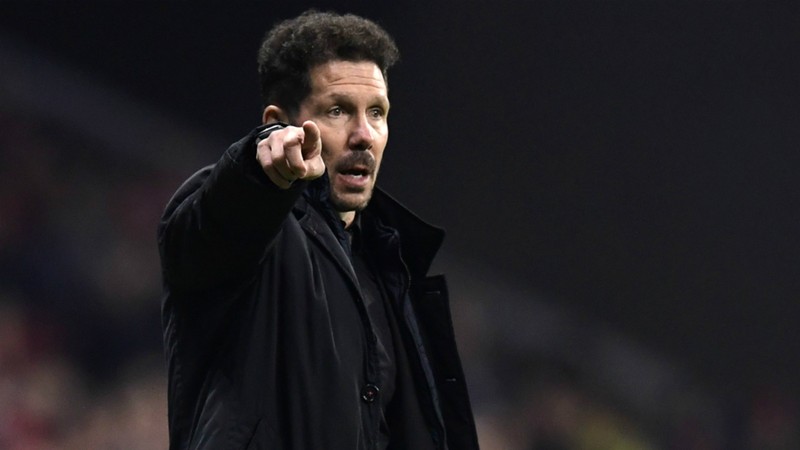
#2 2. Players mistrust of AFA The AFA’s troubles were so obvious that the players themselves have long since been affected. Argentina’s participation at the 2016 Copa America was in doubt right up until the first game of the tournament due to another ongoing corruption row, and during the tournament Lionel Messi, of all people, hit out at his superiors with Instagram posts - “what a disaster they are” - and cryptic press conference messages. He vowed to spill the beans after the tournament but retired instead, citing those who had been wanting the decision. In Russia, as WhatsApp recordings from Diego Simeone and Argentine journalists were leaked, the players suspected the AFA. It has not been a happy camp for some time.
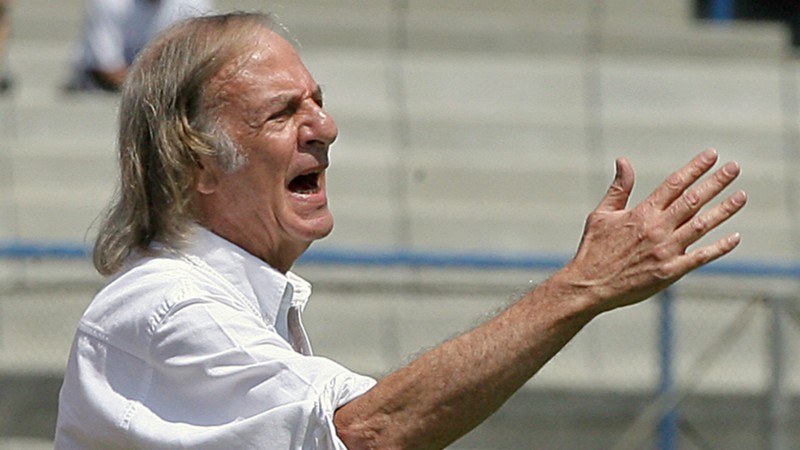
#3 3. Complicated priorities back home Goal has previously detailed some of the theories regarding why the pressure on the national team to succeed is so high. Cesar Luis Menotti (pictured), the World Cup-winning coach of 1978, and his long-time assistant Fernando Signorini believe Argentine football moved too quickly towards big business during the 1990s, focusing too much on winning and financial gain and therefore warping the expectations of the nation’s football-mad fans. Signorini says many Argentines believe “a game of football will decide the future of the nation”, and he also sights intense, round-the-clock media coverage that whips up fans even further. It has left the Argentina players with no allies; fans and media expect too much and the federation has been too incompetent to accommodate them.
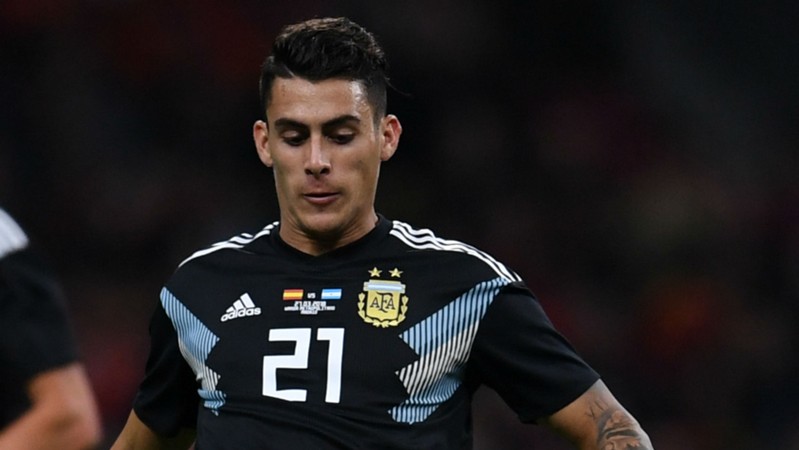
#4 4. Failures in youth development Menotti believes youth coaches in Argentina are too focused on winning rather than developing talent, leaving Argentina’s top clubs stacked players who are big, strong and committed but without much skill. One of the reasons Martino resigned was because he believed there were “serious problems” putting together a side for the Olympics. He wanted to bring through a new generation of talent, recognising that his group of players would mostly be past their peak at the 2018 World Cup, but only nine players of the 35 he had wanted to call up were released for the first day of training. Due to the priorities of youth coaches and more mismanagement from the AFA, Argentina is not churning out as many talented young players these days.Pavon
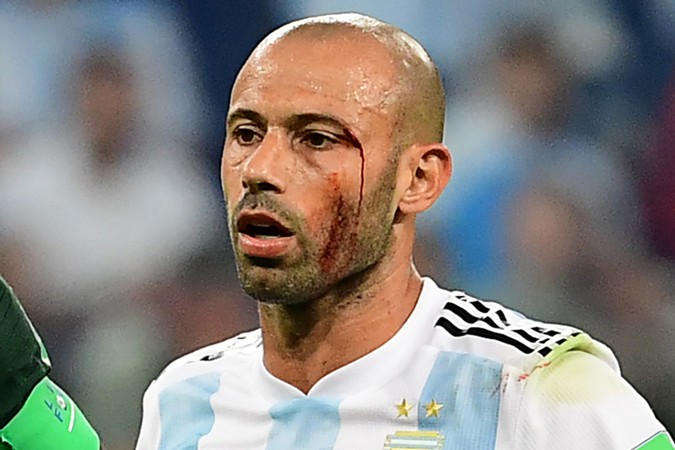
#5 5. Too much 'balls', not enough skill Jorge Valdano, a World Cup winner in 1986, has his own ideas about Argentina’s decline and he blames a focus on “huevos” - balls - rather than skill and trickery. The 30,000 Argentines in Russia sing songs about their country and their players showing some balls, some passion, and too often at the World Cup that was the most the team could rely on. At 1-1 against Iceland, 0-1 against Croatia and 1-1 against Nigeria, Argentina had plenty of time to get themselves a goal, but were too often lacking in inspiration. That is partly the fault of the coach - which we will get to - but even in the relatively good moments - namely the win against Nigeria - they barely created any chances, and instead focused on putting in as much effort as possible. Against France it was a similar story - ok, Ángel Di Maria’s goal was certainly inspired, but their attempts to shut the game out at 2-1 by rattling into their opponents, sometimes two on one, only served to open up spaces that were quickly exploited. Even at the death, just after Sergio Aguero had pulled one back, the Argentina players were too concerned with fighting to use the remaining two minutes wisely. They were told to show their passion and they did, but it contributed to their undoing.
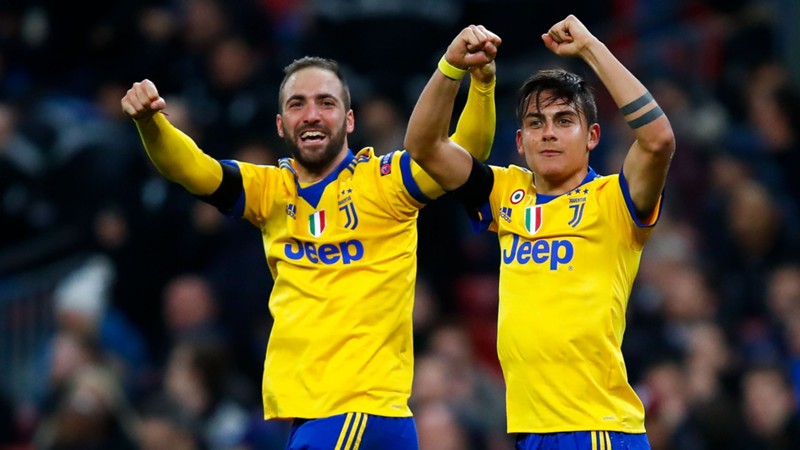
#6 6. Lack of players at same European club This is not a reason on its own for Argentina’s early demise but it certainly would have helped had they been able to rely on some club partnerships. Spain benefitted from fielding a core of Barcelona players when they won the World Cup in 2010 and Germany boasted seven Bayern Munich players when they triumphed in Brazil four years ago. Argentina only had two players from the same European club - Juventus duo Paulo Dybala and Gonzalo Higuain - but Dybala was never trusted for long enough to ever strike up a relationship with any of his team-mates. This lack of coherence and chemistry was evident throughout the World Cup, and indeed Sampaoli’s reign.
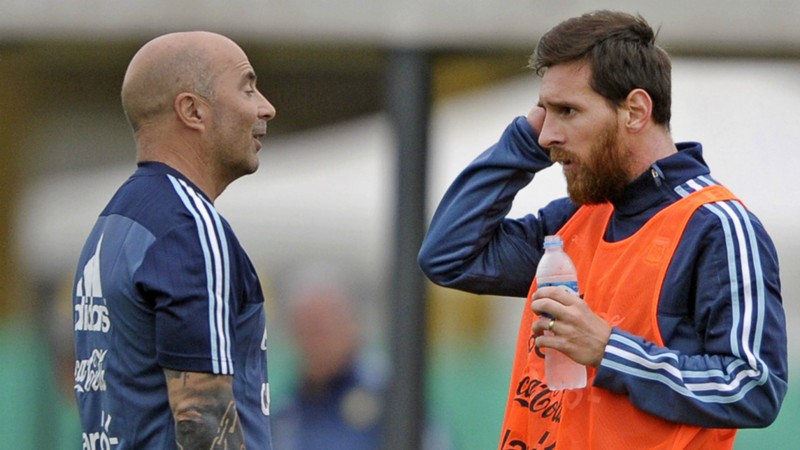
#7 7. No time for Sampaoli to find a system It seemed as if Argentina had finally stumbled across the right coach when they turned to Sampaoli to replace Bauza, given his successful and entertaining exploits with Chile. He was seen as the man to finally forge a team that could work around, and get the best out of, Messi. But in need of results at all costs to even qualify for the World Cup, having been brought in with just four qualifiers left, there was little time for experimenting. With qualification assured - thanks to a Messi hat-trick against Ecuador - Sampaoli tried to find new connections on the pitch in lieu of having more than one Argentine player at any one major European club. Dybala and Higuain were the exception but Sampoali had no problem stating that Dybala, like Mauro Icardi, did not replicate his club form for his country, and would not be considered. With just a handful of friendlies before the World Cup, Sampaoli hardly had a chance to fuse together a coherent team. The fact that the AFA arranged a friendly in Israel, where Messi received death threats, speaks once again to their shambolic management. Sampaoli never wanted to go and the friendly was eventually cancelled, but on the eve of the tournament no replacement was found and one of the teams most in need of game time found themselves one game short.
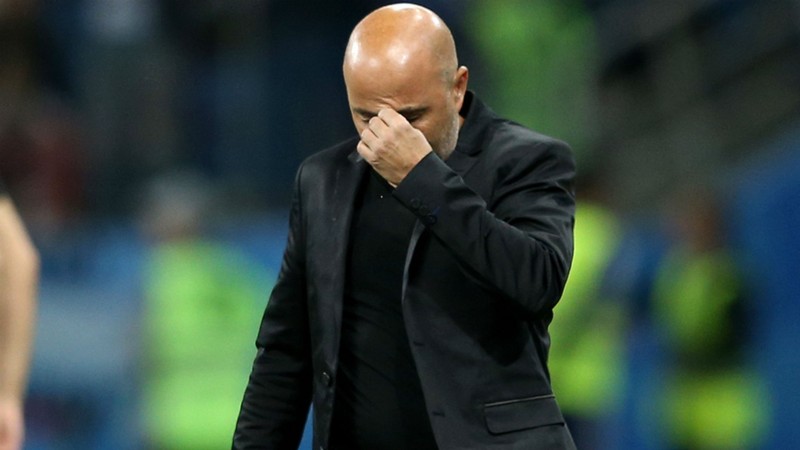
#8 8. Sampaoli’s own shortcomings While Sampaoli was certainly given an unenviable task, it quickly appeared that he was completely overrun. In his 15 games so far he has used 15 different line-ups, and in the last four - in Russia - it has simply looked like he was making it up as he went along. In fairness, he barely even picked the last two, but Enzo Perez serves as a perfect example of his patchy thinking. Perez did not make the initial squad but was needed after Manuel Lanzini’s knee injury. Perez was on holiday at the time and needed intensive training to get up to speed in terms of fitness. He had also had a bad season with River Plate. Despite that he was asked to start the second game, against Croatia. By the end of that game Dybala, who was previously not good enough, was thrown on to help salvage something. But after that, even after sweeping changes yet again for the Nigeria game, and needing two late goals against France, the Juve man wasn’t considered. It was, frankly, a mess.
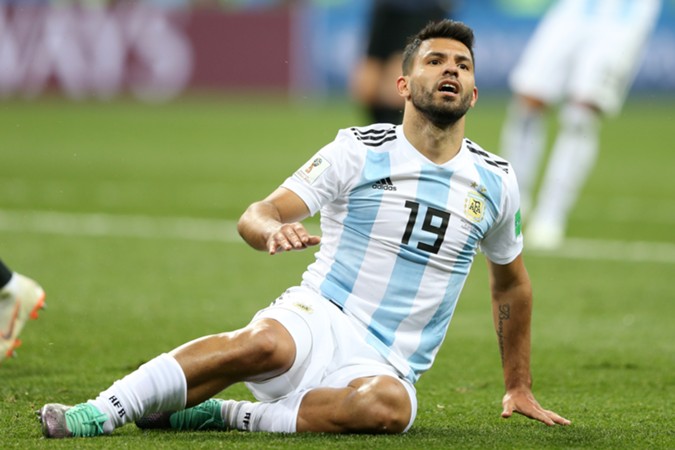
#9 9. Sampaoli losing the dressing room Perhaps unsurprisingly the players staged a revolt, and were it not for the AFA’s dire financial situation the coach may well have been sacked two games in. Aguero has his fair share of issues with Manchester City boss Pep Guardiola but has always, just about, managed to sufficiently veil the exact extent of his displeasure whenever he talks with the media. But after two World Cup games under Sampaoli it was clear that he had had enough, with a short mixed zone exchange making his feelings clear. The rest of the players did so in private, to the extent that they had a large say in changing the tactics and the team sheet for the Nigeria game. They managed to get themselves into a more cohesive unit, and showed plenty of balls, but it was never going to be enough.
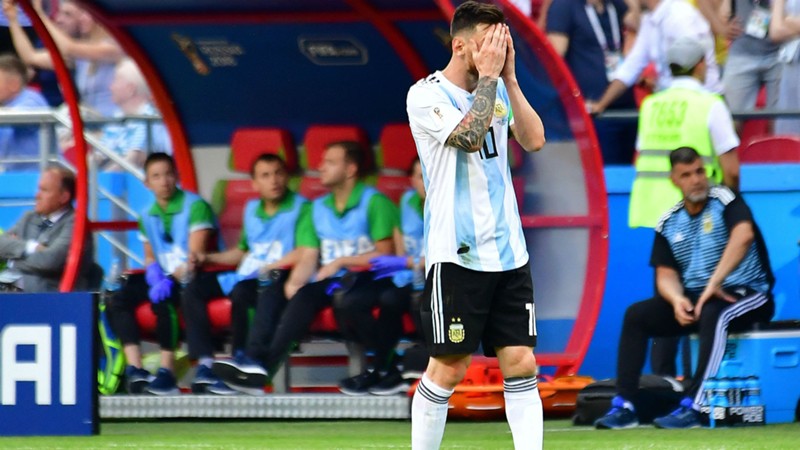
#10 10. Failure to get the best out of Messi Many of the above problems contributed to a failure to provide Messi with the service required to shine, but given his importance to the whole operation it is worthy of its own section. Argentina’s coaches at the 2014 World Cup knew how Messi played at Barcelona and deployed players in other areas to allow him more freedom when coming in off the right. In Russia, though, Messi was moved to accommodate others - in the sense that he was the man relied upon to cover for failings in various areas. Against Nigeria, having scored a great goal by bursting in behind the defence, he later dropped deeper to help fill the gap left by Ever Banega, who had laid on the goal, because he had moved further back to help out Javier Mascherano, who was having a shocker. Too often Messi was fighting fires elsewhere, and not getting himself into areas where he could do any damage himself. And with many of his team-mates either underperforming or simply not good enough, the opposition could afford to pay closer attention to Argentina’s best player by a country mile.
- 消息参考来源: GOAL
- 严禁商业机构或公司转载,违者必究;球迷转载请注明来源“懂球帝”
- 懂球帝社区规范:抵制辱骂

